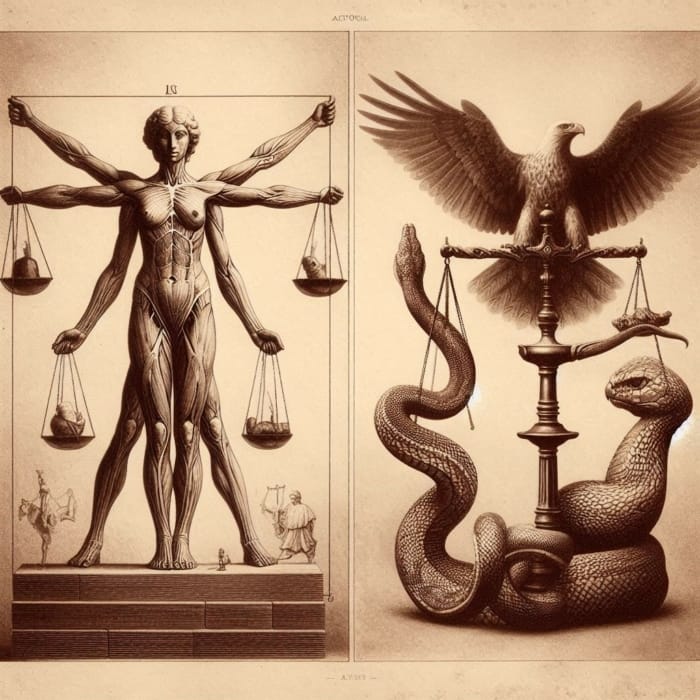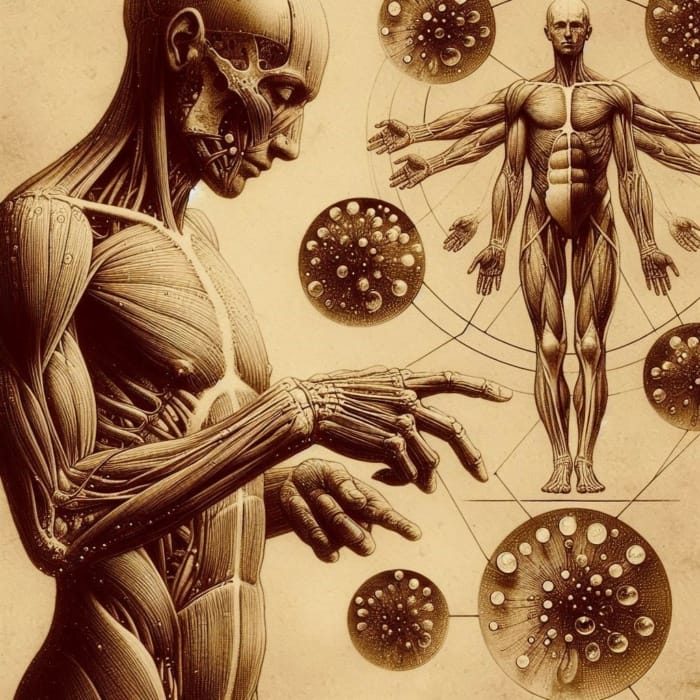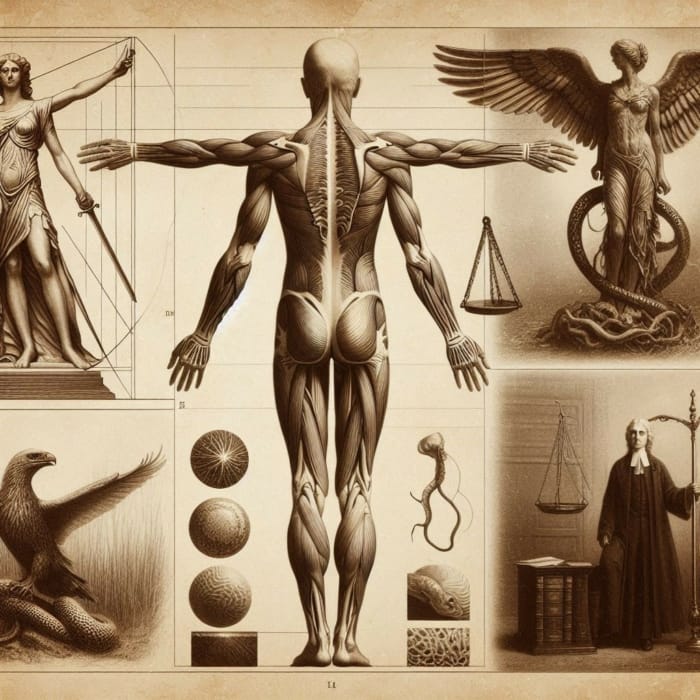11:11 II / dew point \ / only poetry will save us /
257.
This changing the coincidental to the inevitable in poetic imagination is no different from scientific imagination. Poetry is also a process of problem-solving and precise experimentation. But don’t forget, it is also a prank and a game.

… and scientific imagination no less? … at what point does it cease to be a prank and a game? when it begins at the end? as Ben Ware suggests?
As the book makes clear [Ben Ware, who is the author of this here lineated,
his On Extinction, 2024], we need to take time
to think again about time.
Beyond narratives centred around dooms-day clocks,
tipping points, and climate deadlines
we need to ask how we might emancipate time, how a new
sense of collective time can be made to appear.
It is not that we are out of time, or that time
has almost run out — both of these positions
might be read as symptoms of the fact that we find
ourselves in an expanding present that has been stripped
of any real sense of the future or the past.
259.
Poetry is the speed at which random thoughts flitter through the mind. The feeling of poetry is also that of a mélange of things. Your lover, smelling of assorted anju dishes and soju, drunkenly trying to kiss you–what else can this feeling be?
— Lee Seong-Bok, Indeterminate Inflorescence, translated by Anton Hur

Once upon a time, in some out of the way corner of that universe which is dispersed into numberless twinkling solar systems, there was a star upon which clever beasts invented knowing. That was the most arrogant and mendacious minute of ‘world history,’ but nevertheless, it was only a minute. After nature had drawn a few breaths, the star cooled and congealed, and the clever beasts had to die. — One might invent such a fable, and yet [one] still would not have adequately illustrated how miserable, how shadowy and transient, how aimless and arbitrary the human intellect looks within nature. There were eternities during which it did not exist. And when it is all over with the human intellect, nothing will have happened.
— Friedrich Nietzsche, ‘On the Truth and Lies in a Nonmoral Sense,’ translated by Daniel Breazeale, quoted in Ben Ware’s On Extinction, 2024.
Ware goes to dialectical time in response to the press of time, there not being enough of it, and belatedness, that it’s run out, which is the Romantic response to the Enlightenment’s:
He also talks about in the footnote to the Nietzsche fable, above, heat death, but I’m thinking about dew point … as no less a termination.

The Rationalist is optimistic: there is yet a little time for humankind to see reason and for reason to find a way …
The Realist points to this being pure fantasy.
Ultimately everything–the optimism, the intellectual excesses, the anarchism [of the Enlightenment]–were animated by this spirit. Justice is the center of Stoic thought, old and new. To ridicule this preoccupation is easy enough; whether anything superior has ever been considered is, however, quite another matter.
— Judith N. Shklar, After Utopia: The Decline of Political Faith, 1957



